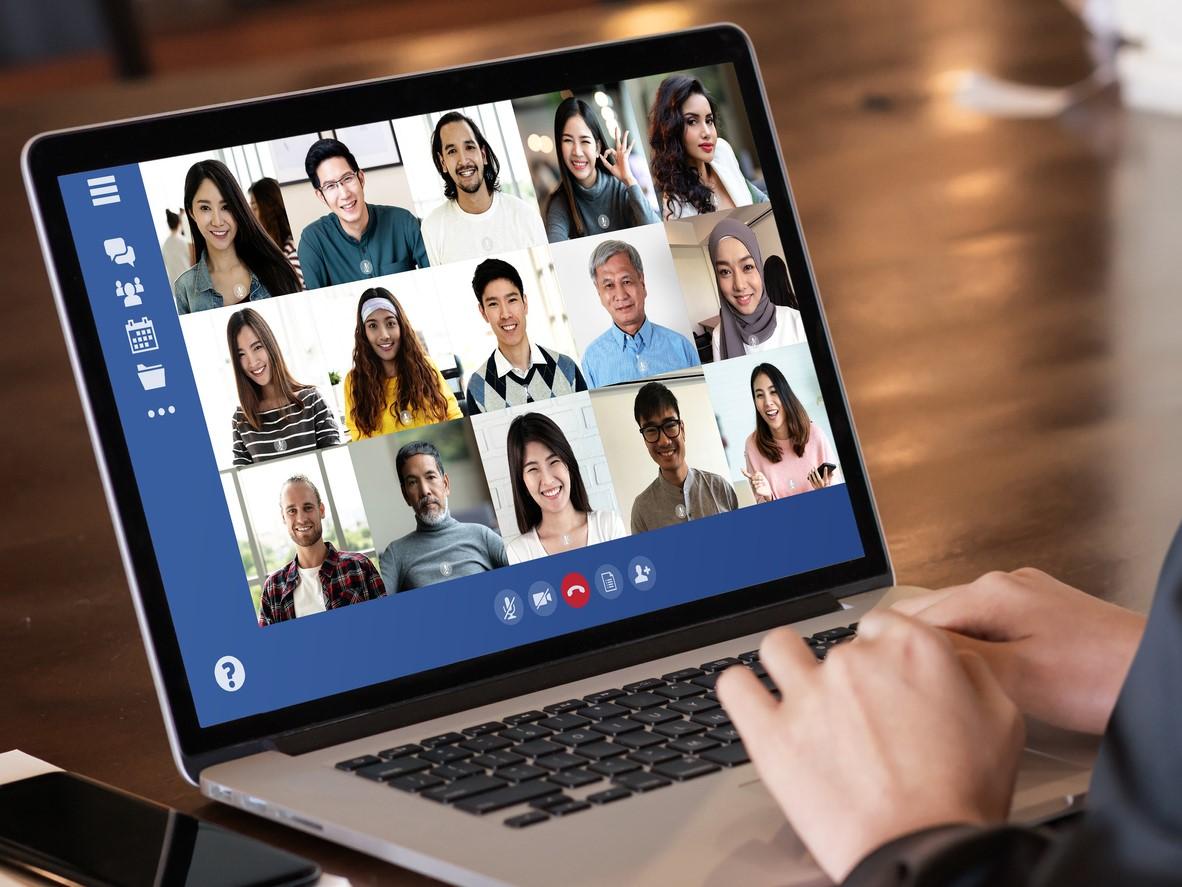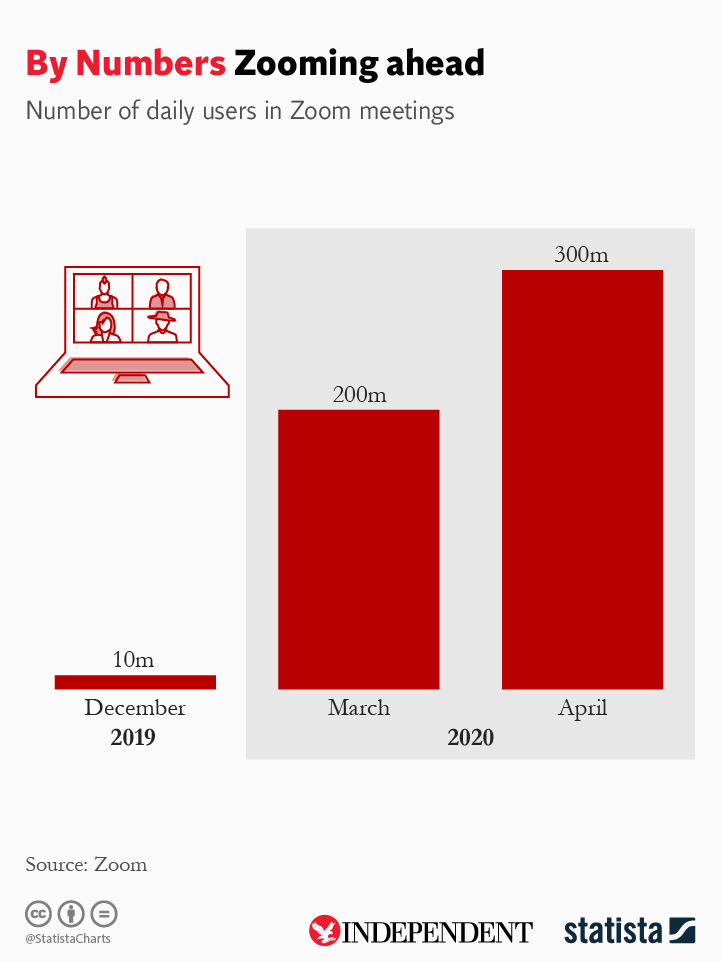Coronavirus tracked: Internet use hits record high, with people now spending more than a quarter of their life online
'Lockdown may leave a lasting digital legacy,' says Ofcom's director of strategy and research

Your support helps us to tell the story
From reproductive rights to climate change to Big Tech, The Independent is on the ground when the story is developing. Whether it's investigating the financials of Elon Musk's pro-Trump PAC or producing our latest documentary, 'The A Word', which shines a light on the American women fighting for reproductive rights, we know how important it is to parse out the facts from the messaging.
At such a critical moment in US history, we need reporters on the ground. Your donation allows us to keep sending journalists to speak to both sides of the story.
The Independent is trusted by Americans across the entire political spectrum. And unlike many other quality news outlets, we choose not to lock Americans out of our reporting and analysis with paywalls. We believe quality journalism should be available to everyone, paid for by those who can afford it.
Your support makes all the difference.People in the UK have been spending record amounts of time on the internet during the coronavirus lockdown, new data has revealed.
In April 2020, UK adults spent longer than four hours online each day – more than a quarter of their waking life.
It marks an increase of more than half an hour since January and means people now spend substantially more time online than watching television or listening to the radio.
The figures were revealed in Ofcom’s Online Nation report, which detailed the habits and trends of internet users between November 2019 and April 2020.
People aged 18 to 24 were the most heavy users, clocking an average of more than five hours spent online per day.
A large portion of the study focussed on internet habits in 2019, which revealed that technology giants now control an even greater share of internet traffic.
The research by the regulator showed that more than a third of time spent online was spent on sites owned by either Facebook or Google.
The shift towards platforms like Facebook-owned WhatsApp and Messenger appears to have been accelerated during lockdown, with nearly half of all adults using the messaging apps to make video calls at least once a week.
Ofcom's research found that the use of video calling services doubled to 70 per cent of the population during the lockdown, as people sought new ways to stay in touch.
One of the biggest benefiters from this trend has been the app Zoom, which saw a huge surge in new users at the start of the lockdown.

"Lockdown may leave a lasting digital legacy," said Yij-Choung Teh, Ofcom's director of strategy and research.
"Coronavirus has radically changed the way we live, work and communicate online, with millions of people using online video services for the first time."
Join our commenting forum
Join thought-provoking conversations, follow other Independent readers and see their replies
Comments